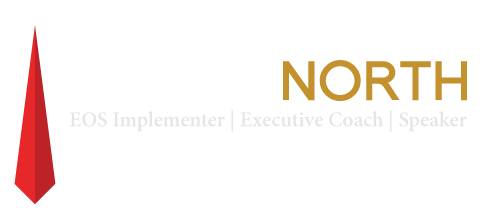Feeling burned out and want to overcome burnout? You’re not alone! Here are some staggering statistics:
- 76% of respondents in a Mental Health America and FlexJobs study agreed that workplace stress affects their mental health, and 75% experienced burnout during the past year.
- 53% of managers feel burned out at work according to Microsoft’s most recent Work Trend Index Special Report.
- 77% of respondents in Deloitte’s external marketplace Work Burnout Survey of 1,000 full-time US professionals say they’ve experienced burnout at their current job.
The World Health Organization (WHO) classifies burnout as a medical diagnosis defined as “a syndrome conceptualized as resulting from chronic workplace stress that has not been successfully managed.”
Burnout is different from the stress of pushing hard for a day or a week. Burnout fatigue at its worst is emotionally crippling. You can’t cure it by slowing down, taking long vacations, or working fewer hours. Your battery is low, hard to charge, and the charge doesn’t hold.
What are the symptoms of burnout?
- Feelings of energy depletion, exhaustion, and fatigue
- Increased mental distance from your job
- Feelings of negativism or cynicism related to your job
- Reduced professional efficacy
What contributes to work burnout?
- Insurmountable workload: Workload that is beyond one’s capacity to complete in a healthy way
- Isolation: Feeling alone and lacking teamwork and support from superiors or teammates
- Unrealistic expectations: Impossibly high expectations, set by you or the organization
- Poor communication: Information not effectively shared, exchanged, or understood (This has been an issue in almost all the 500+ companies I’ve consulted with.)
- Confusing roles: Unclear job roles, reporting structures, and lines of accountability
- Fear: There are many forms of fear that can contribute to burnout. Fear of failure is especially prevalent with entrepreneurs and can affect anyone who has been promoted, or who is trying to prove themselves, especially if they are perfectionists.
- The imposture syndrome: This causes another type of fear, the fear of being a fraud and being found out that they actually are incompetent in their role.
How can you overcome burnout?
To resolve high levels of workplace stress, overwhelm, and burnout, most of us consider engaging a therapist or coach (some might entertain the idea of alcohol or drugs, but I’m advocating for healthier alternatives). As a former therapist and executive coach for decades, I believe a good therapist or coach may be very beneficial.
Companies typically need a major operational evolution to significantly impact these 7 burnout contributors. Because of their size, small and midsize companies are more likely to implement systemic management and leadership changes that maintain, or improve, profitability and create healthy work environments.
Implementing Scaling up, or the Entrepreneurial Operating System® (EOS®) are examples of leadership and management systems that can create positive systemic change and reduce stress and burnout.
Sarah Beth—Founder, CEO, and Visionary of Sarah Beth Yoga—recently shared her thoughts about the benefits of implementing EOS to resolve her overwhelm and overcome burnout. She said, “Before starting EOS…I was completely burnt out, and at one point wanted to shut it all down…. [But] over a year later…I am no longer burnt out; I’m no longer overwhelmed. I actually feel like I have my life back!” You can view her short video here.
Leadership and employee burnout is a pervasive challenge that can be overcome. Identifying root causes and implementing a highly proven management and leadership system fosters a healthy, profitable working environment—crucial for building a sustainable, thriving business.
The post Overcome Burnout – Using A Very Different Approach first appeared on TCNorth.com.


